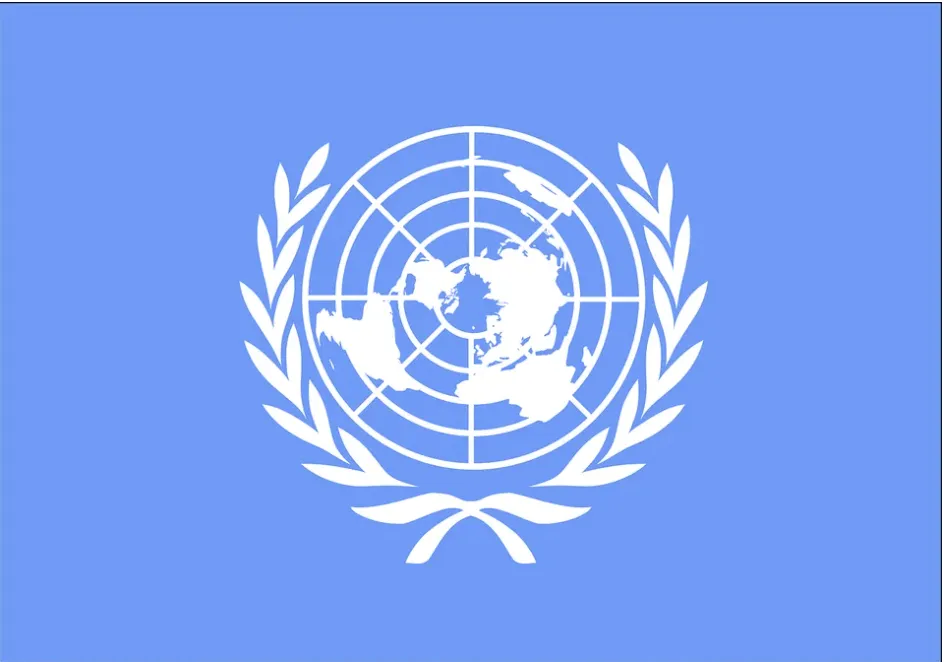The success of the Science Museum’s “Superbugs” exhibition, currently travelling throughout China and India, has now resulted in an invitation to attend an AMR (antimicrobial resistance) summit being held in parallel with the opening of the United Nations General Assembly. Hosted by the Bill & Melinda Gates Foundation, the Wellcome Trust and the Center for Disease Control, it will be attended by hundreds of UNGA delegates.
The only British diagnostic test to be show-cased at the UN event is Attomarker’s blood testing device, which is the lead UK Longitude Prize technology to provide a diagnosis of bacterial and viral infections. Only bacterial infections need antibiotics, so part of the AMR story is the need to ensure they are only given to patients who really need them. Attomarker is the only featured technology that measures antibodies, the only one that uses pre-existing technology, and the only one that is a connected device.
Sheldon Paquin, curator of the exhibition at the Science Museum explained.
“Attomarker was specifically chosen by the Science Museum because the test represents a series of innovative approaches to diagnostics. By using pre-existing technology and utilising a ‘plug & play’ methodology, it can be used outside of a clinical setting without changes to medical infrastructure.
It also connects to a broader network of diagnostics providing valuable data to track the spread of antibiotic resistance, which is so desperately necessary in an era of antibiotic security”.
The World Health Organisation recently declared that “the rise of antimicrobial resistance is a global crisis, recognised as one the greatest threats to health today. With few replacement products in the R&D pipeline, the world is heading towards a post-antibiotic era in which common infections will once again kill.”
Attomarker is a spin-out company from the University of Exeter. Its founder & CEO is Associate Professor Andrew Shaw.
